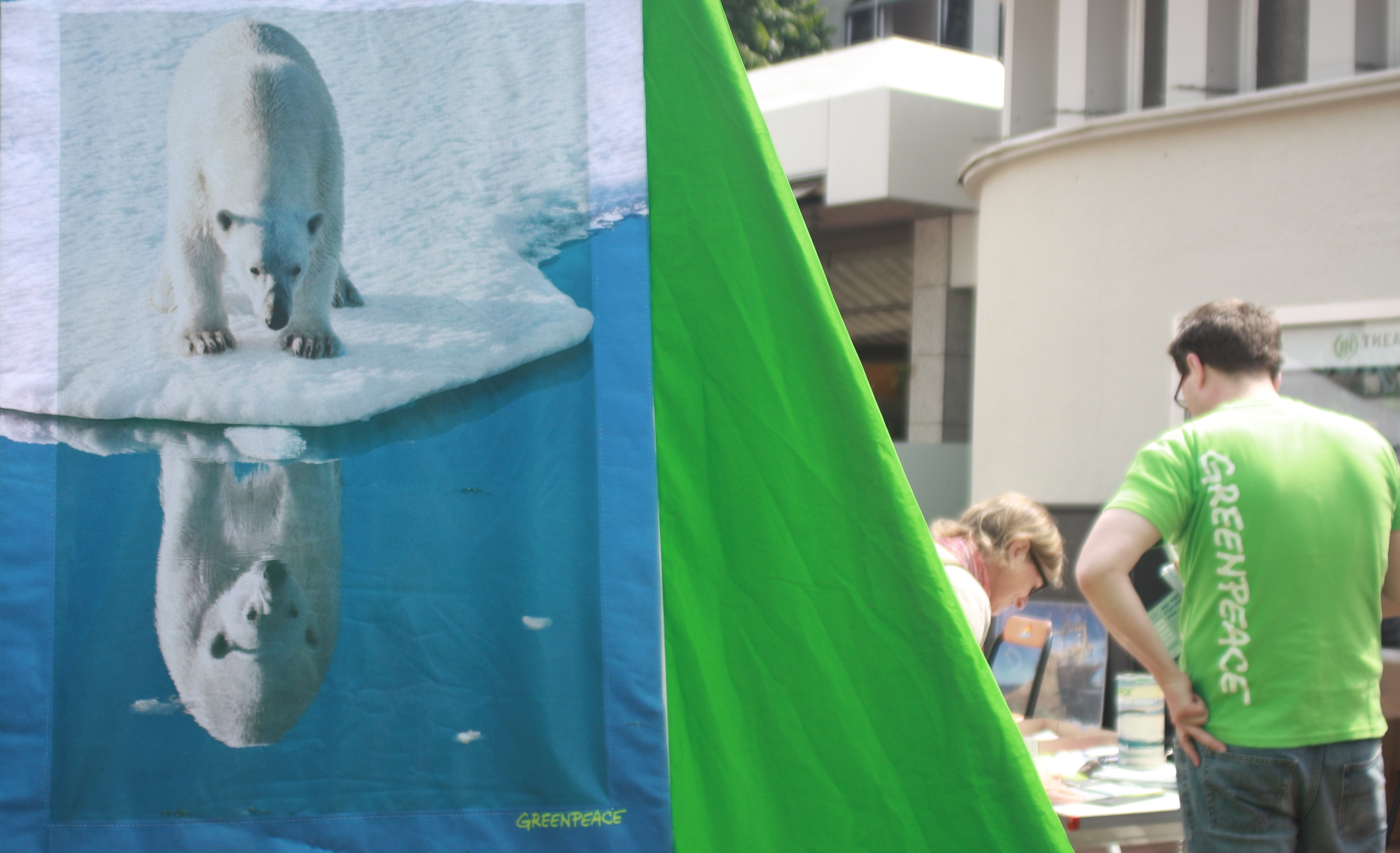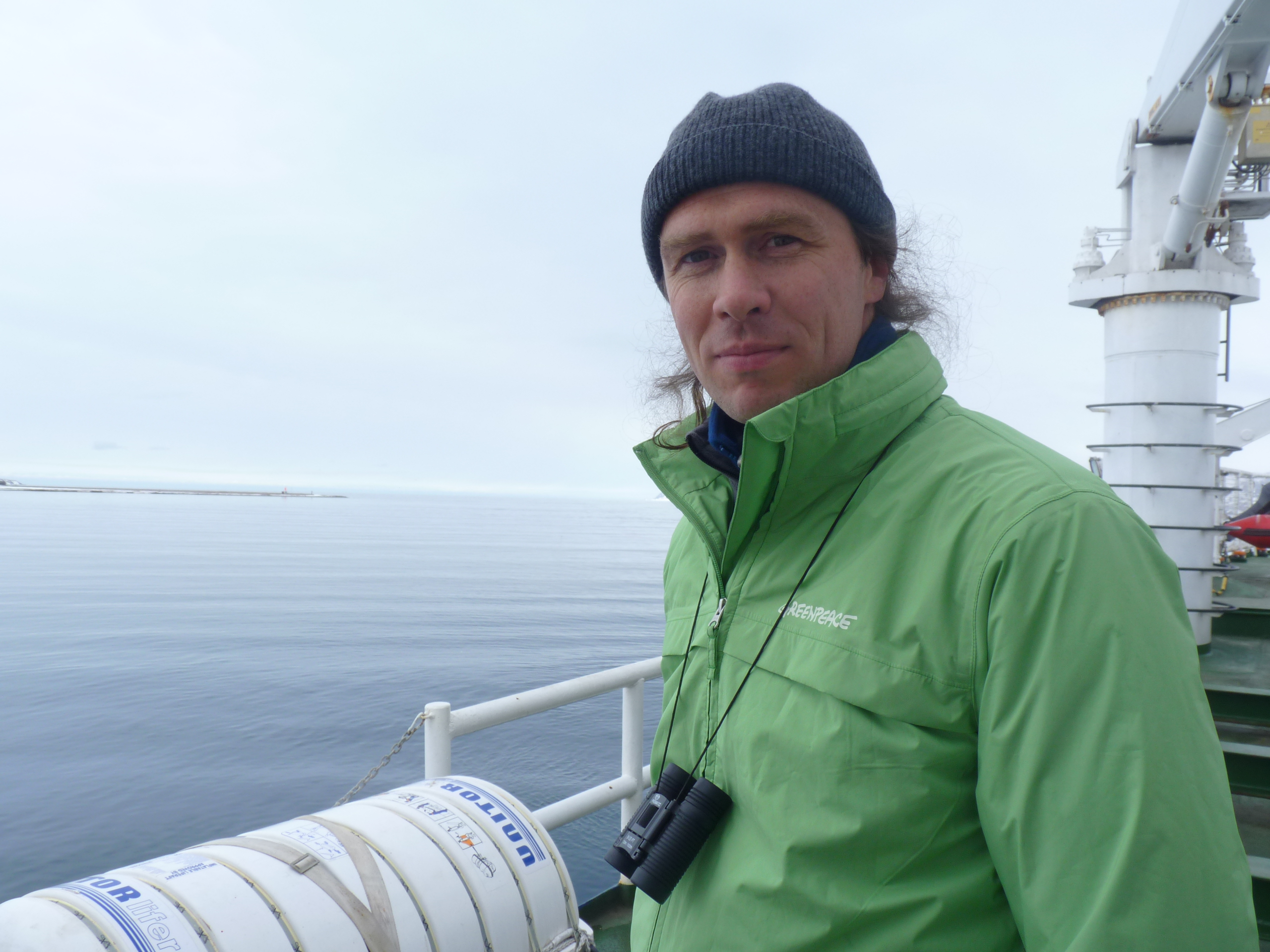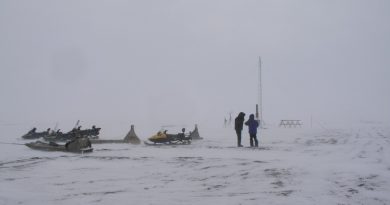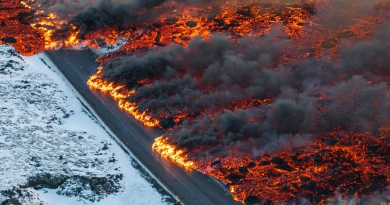Ice-Blog: World Cup Champs for Arctic Climate?
 Chancellor Merkel is on her way from the World Cup Final in Brazil to Berlin, where she will address the Petersberg Climate Dialogue.
Chancellor Merkel is on her way from the World Cup Final in Brazil to Berlin, where she will address the Petersberg Climate Dialogue.
This is an informal but influential meeting of 35 international ministers, co-chaired by Peru, the host of the next world climate conference this December. UNFCCC chief Figueres is also in attendance, hoping progress will be made towards a successful Peru conference and a new world climate agreement to be signed in Paris in 2015. Yes, it is a kind of conference to prepare the conference to prepare the conference…. but every little step helps. As I wrote here and on the DW website during the last round of preparatory talks in Bonn, things are looking more positive than they once did, with the big players USA and China finally coming into the game. Here’s hoping Frau Merkel can bring some of the energy and enthusiasm from the World Cup into the “Petersberg Dialogue” (initiated on the Petersberg here in Bonn, but since moved to Berlin) and the climate process. I interviewed Martin Kaiser, the climate policy chief at Greenpeace about the current state of play. You can read the interview here. But I also talked to him about that key ice blog issue, the relevance of all this to the Arctic.

This is what Martin Kaiser had to say about the UN climate process and the Arctic:
“If we want to limit the ice melt in the Arctic, we have to address the issue of climate change. If we don’t manage to get countries like China and the US, to drastically reduce emissions from burning coal and oil, the ice melt is unstoppable. The Arctic is one of the places in the world where you can see the drastic changes caused by global warming in a most visible way. We expect a historic minimum ice melt this September, and this will give a clear warning when heads of state are going to meet in New York at around the same time.
It’s quite contradictory that oil companies are going to the Arctic to drill for more fossil energy which will fuel global warming even more. This needs to stop. That’s why Greenpeace is calling for a sanctuary in the Arctic which prohibits commercial exploitation of the region.

(Ice Blogger: How does that look in the countries with Arctic regions?)
If we look at Canada – It has one of the most regressive climate policies in place, Prime minister Harper is one of the worst climate deniers, and Canada is investing a lot into tar sands in the west of the country – a business model that is not sustainable. Russia’s business model is based on the export of oil and gas, so it is problematic to talk to Russia about the protection of the Arctic at the moment. Greenpeace has had experience of how they prioritize this business model over preserving the rare ecosystem. There are more countries like China and India coming in to the Arctic, and wanting to get a share of the resources extraction, and that is a worrying sign. Instead of protecting the Arctic, it’s opening like the Wild North for the big corporates investing into oil and gas. That means we have to have a political process which clearly determines a sanctuary in the Arctic and limits commercial exploitation of it.
Finland has been quite progressive so far to move forward the idea of a sanctuary in the Arctic. We hope that rich countries like Norway or also Iceland will join that group. But that’s a long way to go.”




